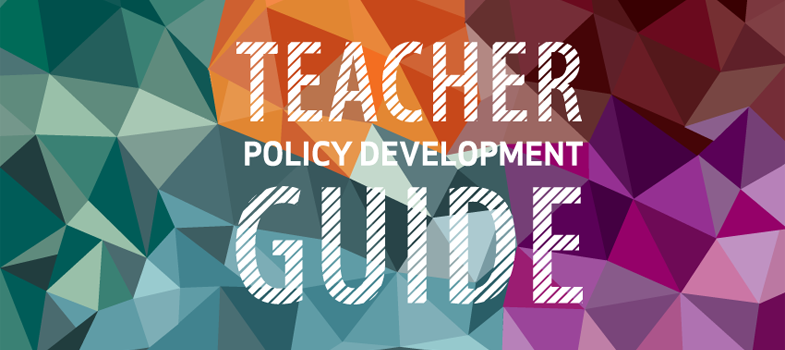4.4.3 Engaging teachers
Teachers are the main stakeholders in teacher policies; their understanding, acceptance and support of a teacher policy is vital to its successful implementation. The concept is enshrined in the 1966 Recommendation, which considers the inclusion of teachers and teachers’ organisations in a wide range of educational policy development – as well as employers, workers, parents and other stakeholders – a cornerstone of education policy development (ILO/ UNESCO, 1966: Articles 9, 10k). Active teacher involvement in policy development and implementation, and teachers’ sense of ‘ownership’, underlie the success of any reform (ILO/UNESCO, 2003; OECD, 2005; Yelland and Pont, 2014: 35).
As noted above, social dialogue with teachers can take different forms at different phases of the policy formulation and implementation stages.
- Information sharing can employ a wide array of communication channels among education authorities and teachers, from high-level policy meetings with teachers’ organizations on the whole range of a teacher policy to workplace (school and classroom) discussions on implementation, involving oral or written communications in varying degrees of formality.
- Consultation, in which authorities actively and respectfully listen to the views of teachers without any commitment to act on these views, may be formal or informal, but should be at least meaningful. In other words, the consultation process should be genuinely open to the possibility of changing policies based on proposals from both authorities/employers and teachers/unions engaged in the consultation process. Consultation subjects may include initial teacher education and professional development programmes; curricula; teacher assessment; codes of professional conduct or ethics; school organization and innovations in learning as part of education reforms: and school infrastructure adapted to the specifics of learning needs in a country or system. Many OECD countries successfully rely on consultation forms and institutions related to these matters to develop their education and teacher policy reforms (Asia Society, 2014; ILO, 2012: 206–207; ILO/UNESCO, 1966; Yelland and Pont, 2014: 36).
- Participation, which involves granting teachers a role in decision-making through a school- or system-based council or committee structure without necessarily implying a negotiated agreement, is a compromise between consultation and negotiation. Teaching councils in many countries, or other professional standard-setting bodies such as those that exist in the United States and South Africa, are examples of engaging teachers in participatory forms of policy development (ILO, 2012: 207-208; MacBeath, 2012; 109 – see also Chapter 3 on standards).
- Negotiation is a social dialogue that often takes the form of collective bargaining on the terms and conditions of employment – including salaries and performance assessment, hours of work and related workplace conditions – that have implications for other teaching and learning policies, such as teacher hiring and PTRs/class sizes. Negotiation is more likely to apply to the translation of a policy into action than to its elaboration (ILO, 2012: 203, 205, 206).
To be effective, social dialogue requires some conditions (ILO, 2012: 205–206):
- Strong, independent, representative and democratic teachers’ organisations and, where organized, education employers’organisations, whether public or private
- Political will, trust and commitment of all parties to engage in these processes, including both educational authorities who develop a policy and teachers’ organisations that are not always accustomed to, or do not always have the capacity to engage in, policy development and application
- Respect for the fundamental rights of freedom of association and collective bargaining as a basis for institutionalised social dialogue
- Social dialogue institutions, since informal or ad hoc forms of social dialogue are unlikely to have a lasting impact. A statutory framework based on social conduct laws in their various forms is vital for consultative bodies with defined responsibilities and structures (for representation on issues such as teacher education programmes, professional standards and curricula for better learning outcomes) or for collective bargaining on employment terms and conditions (such as salaries and working hours, whether at the national, local or school level).
Various forms of social dialogue used to engage teachers in the policy process may feature considerable overlap between policy development and implementation (see also Chapter 5). It is therefore important to plan for these implications in the development process, for example by adopting a policy on teacher salaries that anticipates the negotiation process – which may in turn determine whether, and how, the policy will be implemented. While a true consultation may be difficult and time-consuming, token consultation and a rushed process places successful policy implementation at risk.
4.4.2 Comprehensive strategic planning
